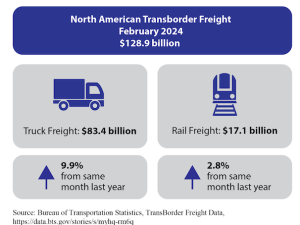Under the proposed plan, mining firms would recoup any cash they offered to repair the crippled rail network through reduced rates for shipment of copper and cobalt on the refurbished system, the officials added.
Democratic Republic of Congo is ramping up mining in its copper and cobalt-rich Katanga province but operations are hamstrung by poor power supplies and the fact that most shipments must go by road. Only a fraction of this year's forecast 500,000 tons of copper will be ferried by rail.
Kinshasa launched a $600 million plan with the World Bank and China to revamp the railways in May, but state rail firm SNCC said it was having to look elsewhere for finance.
"There is a delay with the Chinese money," Marc Manyanga, commercial director of SNCC, told Reuters after briefing executives on the plan at a mining conference in Lubumbashi.
"The idea is that (the miners) should replace the Chinese money," he said. "This would be reimbursed through lower (freight) fees over a long period of time."
Manyanga said two meetings had already taken place between Congolese officials and mining companies but the talks had not yet led to anything concrete. Another meeting is due soon.
At its peak in the late 1970s, Katanga's railways ferried about 450,000 tonne\\s of copper a year. But some 700 km (400 miles) of rail needs to be replaced or repaired and, at the moment, most minerals are trucked south out of Congo.
Manyanga said that transporting a ton of copper from the mining hub of Kolwezi to the exit point on the Zambian border cost $140 by rail compared with $150 or $160 by road.
No reasons were given for the delays in the Chinese funds, meant to be part of a broader $3 billion financing package. Congo's government is meant to provide $176 million for the repairs.
Vincent Tshiongo, a deputy director of the SNCC, said the World Bank, which has already started disbursing some of its $250 million for the overhaul.
Under the plan, the state railway firm is being re-organised but it is not due to receive its first new locomotives until 2013.
Congo has managed to attract investors keen to tap into its vast copper and cobalt reserves. But companies complained their operations risk being hurt by over-stretched infrastructure, which has suffered from years of underinvestment.
"We can't keep using our roads. Hundreds of trucks every day are damaging them," acknowledged Simon Tuma-Waku, vice president of Congo's Chamber of Mines. (Reuters)







